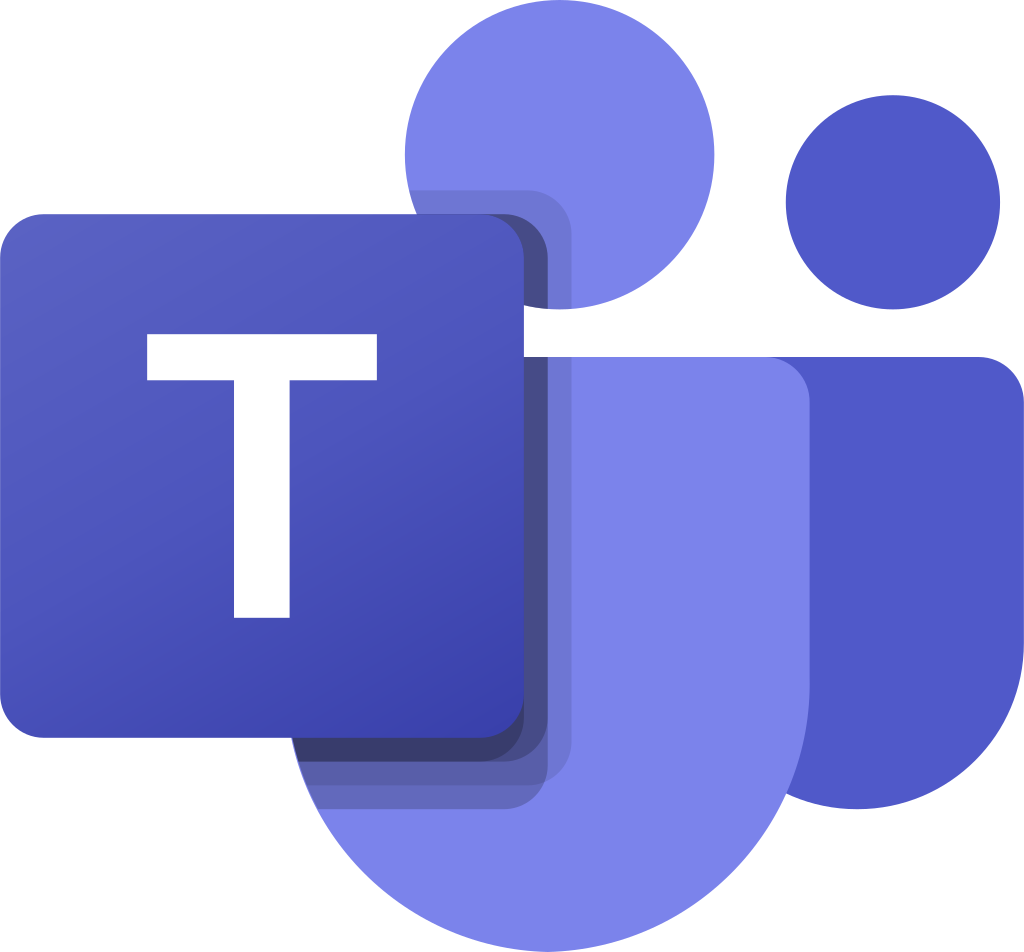Internet Searches
After searching the library catalog and databases, you may want to try the internet. There are good and bad points to this.
- A LOT turns up in the result set unless you have a very carefully structured search phrase.
- Access does not equal quality or accuracy, you will need to evaluate the content as with any other source (see Secondary Sources main page for how to evaluate.)
- A hit does not guarantee you have access to the content (hello, Amazon!)
- Content may only be in pieces due to copyright or author restrictions.
- Wading through unsuitable hits costs you time and effort and impacts your time to analyze your resources and write your paper!
Prepare:
- Strategize your search by using accurate and scholarly terms to describe your topic based on your prior research.
- Set up your Google Scholar Preferences to provide links to material we have at CSUSM.
- Know that you may only find a citation and not the full text but you can request the item through Interlibrary Loan.
- Be critical of what you find.
- Check for authority of the author
- Check that is it up-to-date information
- Compare with other sources
- Look for proof! Just because you see it in print does not mean it is legitimate.
- Ask for help!
Here is how to set your Google Scholar Preferences to assist in accessing full text from the CSUSM collections.
Books on the Internet
Some publishers, organizations, and universities have placed open-access books on the internet. They may be older editions, out of copyright, and in some cases, pirated versions.
Google Books is one means to discover these works.
- Lacks subject headings to find similar materials
- Does not always have the complete book due to copyright restrictions
- Text navigation features are limited in comparison to the standard e-book
- Cannot download content
- It may be easier to request through our Digitization on Demand service
Other collections are found in the following:
- HathiTrust
- Internet Archive (AKA) archive.org and its subset, Open Library
- Project Gutenberg
- Library of Congress' Book/Printed material collection
- Digital Library of America
- Digital theses and dissertation collections at various universities (although these are not recommended for your research, the bibliographies can be useful to find published works)
Books in Google
Google Books offers a range of access to book content that Google has digitized from a variety of library collections. The results may appear as:
- Citation only (tells you the book exists, but you cannot access content)
- Snippet or Preview (access to some of the book, but maybe not the part you need)
- Full text (the whole book with some search ability to focus on the part you need.)
Content
- Not only books, but newspapers and magazines are included unless you apply the appropriate filter.
- US government documents (reports, hearings, etc.) are included.
Tools:
- The Library function allows to to bookmark titles into a collection within Google (you are giving up some privacy.)
- Search function within the book shows how many matches there are to your search term which is not necessarily the most useful evaluation tool.
- Date limiter is the publication date, not the historical period.
Limitations:
- Cannot filter for scholarly works only, meaning you might get works of fiction on your topic.
- Search results will only highlight the first term in your search (to find the other terms, 'clear search' and type in the new term.)
- Anything under copyright (1924 and newer) will likely limit the amount of content.
- You cannot download any book.
- You cannot print from Google Books (use screen capture to save a piece you need.)


